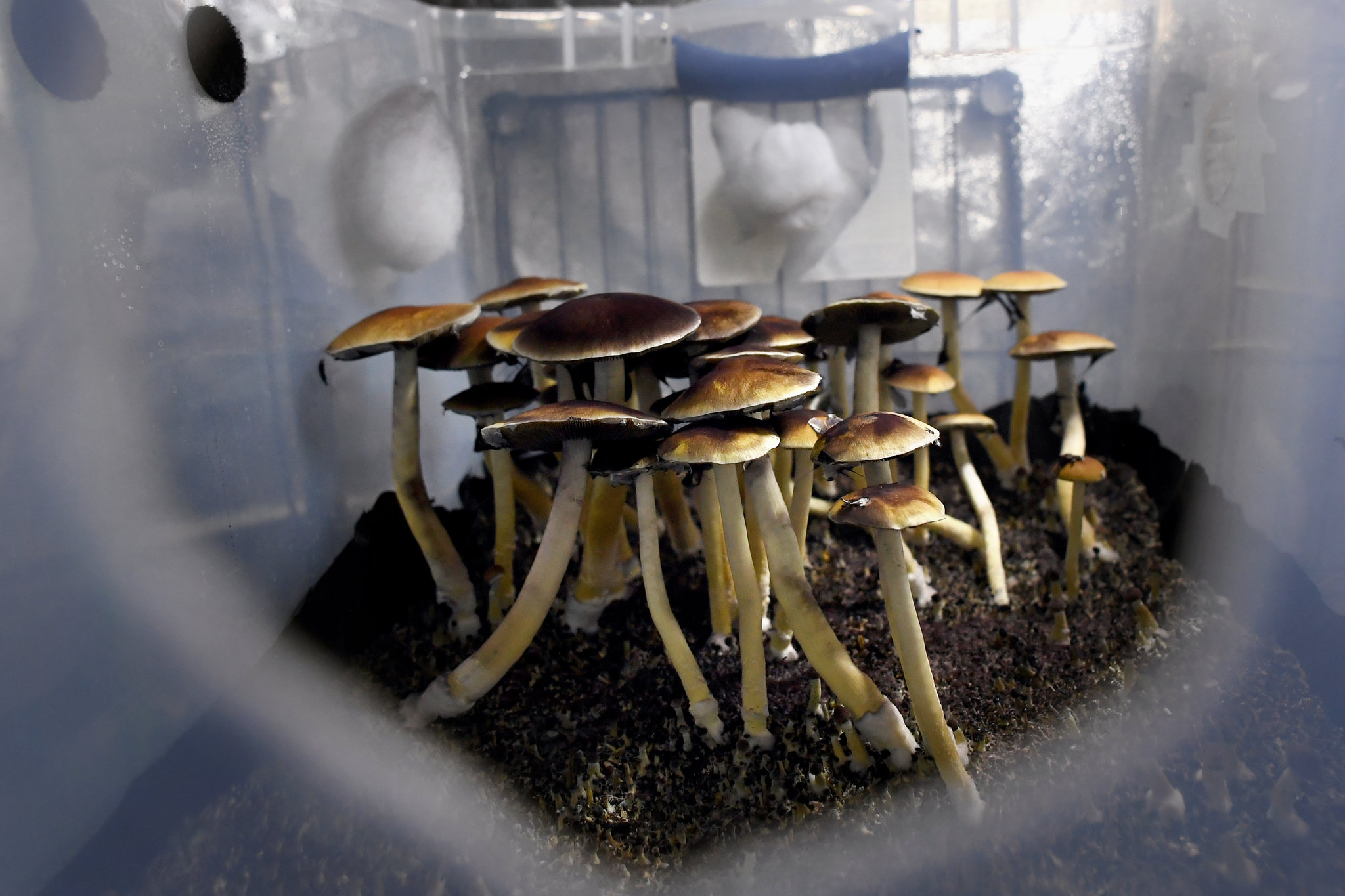Psilocybin research fits into the Massachusetts biotech ecosystem by using the same clinical, regulatory, and data practices that drive other central nervous system programs across Boston and Cambridge. Hospitals with research pharmacies handle controlled deliveries, CROs manage complex trials, and analytics labs validate methods that meet federal expectations. This shared infrastructure lets psychedelic studies grow within a system built for speed, quality, and inspection readiness.
Massachusetts as a global biotech hub
Massachusetts is a global hub because it compresses what drug development needs into a small geography. Academic medical centers run high acuity trials with full pharmacy services. Universities supply trainees, postdocs, and faculty who design studies and publish results. CROs offer monitoring, data management, and biostatistics at scale. Investors fund clinical programs that can move from single site pilots to network trials without losing quality.
That density helps psilocybin programs in practical ways. Hospitals already track chain of custody for controlled products. Research pharmacies in Boston and Worcester use locked storage, access lists, and daily temperature checks. They reconcile kits each week and file destruction records at closeout. Imaging centers schedule fMRI or EEG with sequences that match visit plans. Contract labs handle interlab comparisons so site assays match supplier methods before first shipment. These habits support clean audits, which protect timelines and budgets.
Public and private funders in the state focus on measurable outcomes. Programs that show clear endpoints, steady visit windows, and low deviation rates receive attention. Psilocybin studies that mirror those traits fit the investment style of the cluster and find support in hospitals that already run complex trials in oncology, psychiatry, and neurology.
How psychedelics fit into the existing pharma ecosystem
Psilocybin trials use the same building blocks as other CNS programs. The difference is session day logistics and the psychotherapy context. The core remains the same. A validated CMC package, a protocol with prespecified endpoints, reliable pharmacies, trained staff, and clean data rooms.
Chemistry and product quality
Drug substance and drug product files describe identity, assay, impurities, microbiology, and stability. Validated HPLC or LC MS methods quantify psilocybin and psilocin with acceptance ranges. Labels and kit maps match randomization plans. Placebo is matched for look and weight to protect blinding. These steps align with what hospitals and CROs already expect.
Clinical design
Trials define objectives and endpoints with windows tied to dose. Depression, anxiety, and distress measures sit on schedules that fit session days and follow up. Safety plans set vital sign thresholds and rescue steps. Manuals for preparation, support, and integration accompany the protocol so IRBs can judge the full intervention.
Operations and data
Session days require room bookings that run for hours, staffing that covers observation, and pharmacy issue at set times. Coordinators manage visit calendars and document each step. EDC systems capture timestamps, edit checks flag gaps, and monitors trace entries back to source. This is standard practice in Massachusetts hospitals, which shortens start up for psychedelic trials.
Collaboration between startups and large biotech firms
Startups often bring focus and speed. Large firms bring platform skills and capital. The cluster is used to pairing both through sponsored research, option deals, and shared services.
What startups contribute
Early teams can specialize in hard parts of the workflow. Some focus on standardized natural psilocybin with tight release ranges and matched placebo. Others focus on therapy models, digital tools for session support, or imaging endpoints. Startups often deliver the first clean pilots that show a signal and a path to larger phases.
What large firms contribute
Large biotech firms know how to industrialize. They standardize labels, kit maps, and depot models across sites. They run interlab comparisons as a rule not an exception. They build data pipelines that regenerate figures from raw tables. They manage pharmacist, therapist, and rater staffing at scale. That discipline lowers variance across hospitals and protects endpoints.
Shared work in Massachusetts
In Boston and Cambridge, these roles blend. A startup may run a Phase 2 at one hospital while a larger partner supports training, depots, and data systems for expansion to other sites. CROs keep eCRFs uniform and monitor timing and fidelity. Imaging cores apply the same sequences and quality checks in each center. This model suits psilocybin because success depends on both science and execution.
State infrastructure that supports trials and analytics
Massachusetts offers a full stack that matches the needs of psilocybin research from permits to publication.
Research pharmacies and controlled intake
Hospitals hold DEA Schedule I registrations at the storage address. When importing, sites obtain DEA import permits that match shipment memos for substance names, quantities, and dates. Receiving docks have live contacts for the pharmacy custodian. Intake uses the same checklist for seal checks, label verification, kit logging, and temperature file downloads. Weekly reconciliation keeps counts tight. These routines are common across Boston academic centers and Worcester hospitals.
CROs and monitoring
CROs in the state staff monitors who understand long session days and timing windows. They track accountability, deviations, and safety queries with dashboards. They coordinate resupply from depots before expiries threaten visits. They help sites keep two trained staff per role so cancellations do not cascade through calendars.
Analytics and methods
Contract labs near Kendall Square and on the Route 128 corridor run method validation, system suitability, and interlab comparisons. They maintain LIMS with audit trails and version control for SOPs. When site labs can reproduce supplier assays before first shipment, inspections move faster and chemistry driven queries drop.
Imaging and signal processing
Imaging cores set standard sequences and preprocessing pipelines. Timing files align scans to dose and clinical windows. Quality checks catch motion or artifacts before data lock. Shared templates let centers in Boston and Worcester pool data without rework.
Data management and statistics
Biostatistics teams at universities and CROs build eCRFs that map session flows and follow up. They publish analysis plans with models and covariates before enrollment. They run scripted pipelines so tables and figures regenerate from the same inputs. This lowers error risk and supports transparent reporting after publication.
Training pipelines
Universities offer short courses and supervised hours for therapists, pharmacists, coordinators, and data staff. Hospitals run mock receipts with pilot kits so teams can practice intake. Case review meetings and fidelity rubrics keep support models consistent. Students move into roles on trials with skills that match what sites need.
Supplier links
Suppliers align shipment memos to permits, provide COAs and stability summaries, and attend intake rehearsals. Permit ready product data and matched placebo prevent bottlenecks on day one. As suppliers, we coordinate kit maps with pharmacy workflows and support audit prep with clean file structures that match hospital expectations.
Why MA is positioned as a leader
Massachusetts is positioned to lead because it treats psilocybin like any other high risk CNS program and brings full discipline to every step. The state already runs trials that demand careful consent, long visits, strict storage, and real time safety oversight. Those habits fit psychedelic studies without reinvention.
Hospitals understand controlled intake and reconciliation. CROs know how to protect windows on complex calendars. Labs validate methods and lock acceptance ranges before patient dosing. Imaging centers plan sequence timing against dose and endpoints. Universities train staff who can step into real roles on short notice. Investors back programs that show endpoint clarity and operational steadiness. That loop keeps quality high and timelines credible.
The result is a practical path for sponsors. Pick an indication with clear endpoints. Lock dose forms that support blinding and accurate counts. Align labels and kit maps with pharmacy workflows. Complete interlab comparisons before first shipment. Train therapists with supervision and fidelity checks. Rehearse intake with pilot kits. Build data pipelines that regenerate outputs from raw tables. Then scale across sites with the same playbook.
Psilocybin research fits here because the ecosystem values clean files and reproducible methods more than slogans. Teams that follow these habits can run steady programs in Boston and Worcester, publish results that others can check, and prepare for larger phases without losing control of the calendar. That is what makes Massachusetts a leader for psychedelic studies inside a mature biotech economy.




